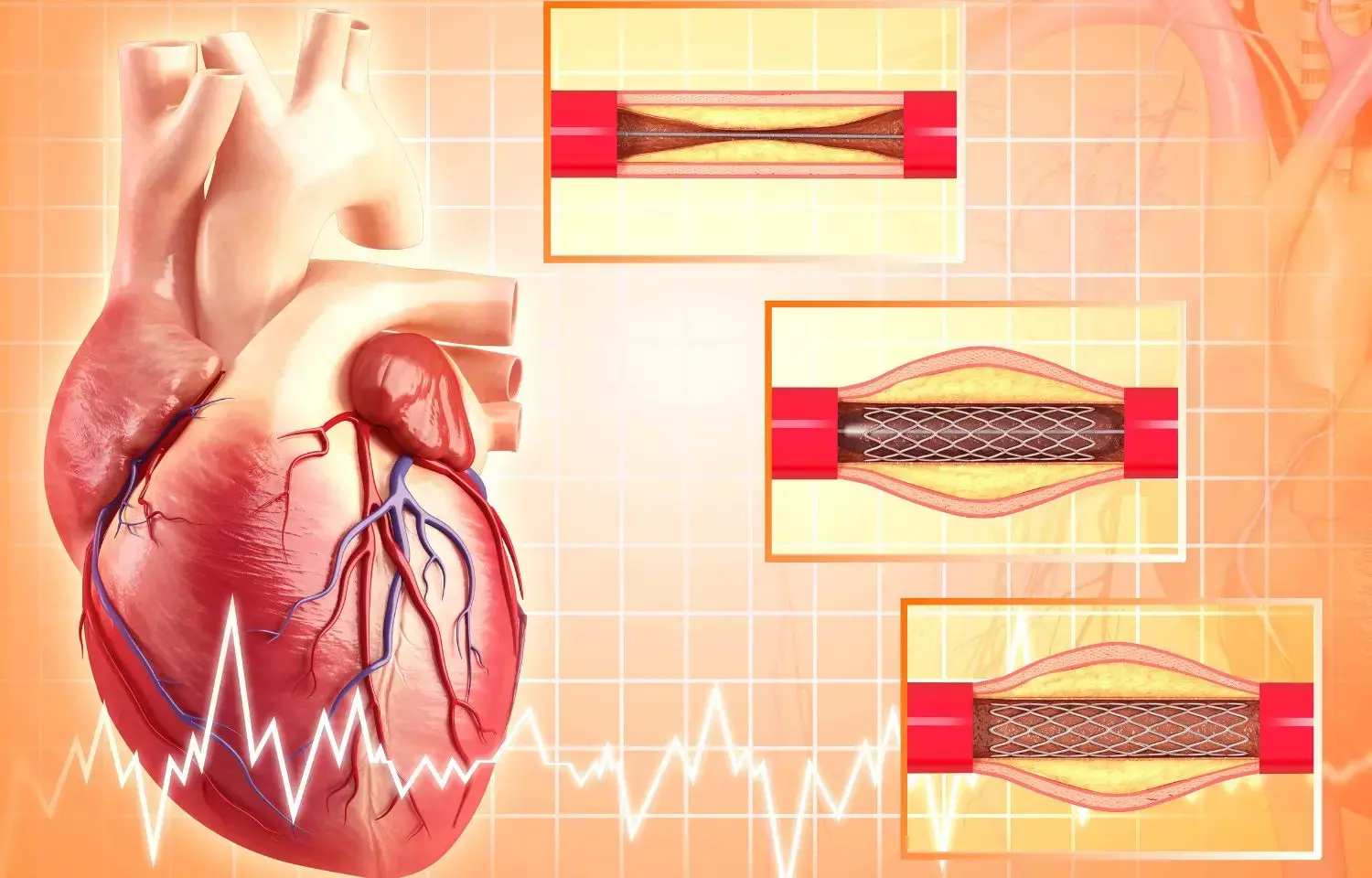- Home
- Medical news & Guidelines
- Anesthesiology
- Cardiology and CTVS
- Critical Care
- Dentistry
- Dermatology
- Diabetes and Endocrinology
- ENT
- Gastroenterology
- Medicine
- Nephrology
- Neurology
- Obstretics-Gynaecology
- Oncology
- Ophthalmology
- Orthopaedics
- Pediatrics-Neonatology
- Psychiatry
- Pulmonology
- Radiology
- Surgery
- Urology
- Laboratory Medicine
- Diet
- Nursing
- Paramedical
- Physiotherapy
- Health news
- Fact Check
- Bone Health Fact Check
- Brain Health Fact Check
- Cancer Related Fact Check
- Child Care Fact Check
- Dental and oral health fact check
- Diabetes and metabolic health fact check
- Diet and Nutrition Fact Check
- Eye and ENT Care Fact Check
- Fitness fact check
- Gut health fact check
- Heart health fact check
- Kidney health fact check
- Medical education fact check
- Men's health fact check
- Respiratory fact check
- Skin and hair care fact check
- Vaccine and Immunization fact check
- Women's health fact check
- AYUSH
- State News
- Andaman and Nicobar Islands
- Andhra Pradesh
- Arunachal Pradesh
- Assam
- Bihar
- Chandigarh
- Chattisgarh
- Dadra and Nagar Haveli
- Daman and Diu
- Delhi
- Goa
- Gujarat
- Haryana
- Himachal Pradesh
- Jammu & Kashmir
- Jharkhand
- Karnataka
- Kerala
- Ladakh
- Lakshadweep
- Madhya Pradesh
- Maharashtra
- Manipur
- Meghalaya
- Mizoram
- Nagaland
- Odisha
- Puducherry
- Punjab
- Rajasthan
- Sikkim
- Tamil Nadu
- Telangana
- Tripura
- Uttar Pradesh
- Uttrakhand
- West Bengal
- Medical Education
- Industry
Complete revascularization in STEMI results in improved angina relief: JAMA

USA: According to a predetermined analysis of the COMPLETE study that was published in JAMA Cardiology, PCI improves the angina-related quality of life (QoL) in patients with STEMI and multivessel CAD, regardless of whether that comprises culprit-only lesions or complete revascularization. However, patients with full revascularization had a higher likelihood of being angina-free at 3 years compared to patients with culprit lesions.
Complete revascularization lowers major cardiovascular outcomes in individuals with multivessel coronary artery disease (CAD) who report ST-segment elevation myocardial infarction (STEMI) as opposed to culprit lesion-only percutaneous coronary intervention (PCI). It is unknown if full revascularization enhances angina-related health status.
In patients with STEMI and multivessel CAD, the researchers sought to ascertain whether full revascularization improves angina status.
140 main PCI centers in 31 countries participated in this secondary analysis of a randomized, international, open-label trial evaluating patient-reported outcomes. Between February 1, 2013, and March 6, 2017, patients presenting with STEMI and multivessel CAD were randomly assigned. Between July 2021 and December 2021, analysis was conducted.
Patients with STEMI and multivessel CAD were randomly assigned to have either full revascularization with subsequent PCI of angiographically significant nonculprit lesions or no further revascularization after PCI of the culprit lesion. A total of 4041 patients were randomized, with 2016 receiving full revascularization and 2025 receiving culprit lesion-only PCI. The patients' average (SD) age was 62 (10.7) years, and 3225 (80%) of them were men. Measurement of Seattle Angina Score for Angina Frequency (SAQ-AF) (range: 0 [daily angina] to 100 [no angina]), as well as the percentage of participants who were angina-free at the end of the research were the main outcomes.
Key highlights of the trial:
- The mean (SD) SAQ-AF score increased in the complete revascularization group, going from 87.1 (17.8) points at baseline to 97.1 (9.7) points at a median follow-up of 3 years (score change, 9.9 [95% CI, 9.0-10.8]; P <.001), whereas it increased in the culprit lesion-only group, going from 87.2 (18.4) to 96.3 (10.9) points (score change, 8.9 [95% CI, 8.0-9.8]; P < .001).
- In the complete revascularization group, 1457 patients (87.5%) had no angina (SAQ-AF score of 100), compared to 1376 patients (84.3%) in the culprit lesion-only group (absolute difference, 3.2% [95% CI, 0.7%-5.7%]; P =.01).
- Patients who had nonculprit lesion stenosis severity of 80% or higher were more likely to have this improvement (absolute difference, 4.7%; interaction P =.02).
The authors came to the conclusion that full revascularization led to a slightly higher percentage of patients being angina-free in patients with STEMI and multivessel CAD than did a culprit lesion-only approach.
They wrote that in addition to the proven benefit of full revascularization in lowering cardiovascular events, this minor incremental gain in health status was also achieved.
REFERENCE
Mehta SR, Wang J, Wood DA, et al. Complete Revascularization vs Culprit Lesion–Only Percutaneous Coronary Intervention for Angina-Related Quality of Life in Patients With ST-Segment Elevation Myocardial Infarction: Results From the COMPLETE Randomized Clinical Trial. JAMA Cardiol. Published online September 21, 2022. doi:10.1001/jamacardio.2022.3032
Dr Kamal Kant Kohli-MBBS, DTCD- a chest specialist with more than 30 years of practice and a flair for writing clinical articles, Dr Kamal Kant Kohli joined Medical Dialogues as a Chief Editor of Medical News. Besides writing articles, as an editor, he proofreads and verifies all the medical content published on Medical Dialogues including those coming from journals, studies,medical conferences,guidelines etc. Email: drkohli@medicaldialogues.in. Contact no. 011-43720751


